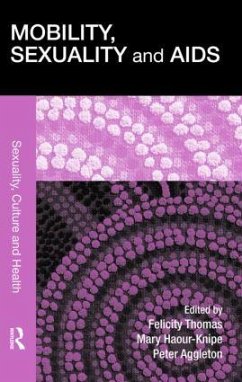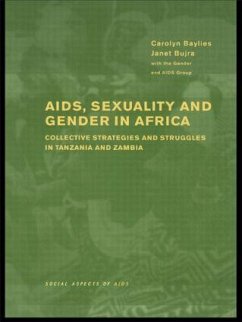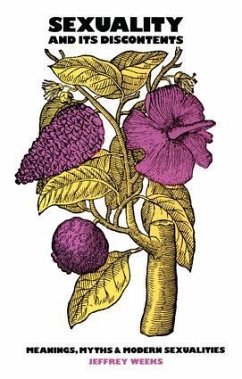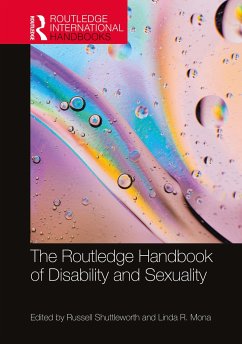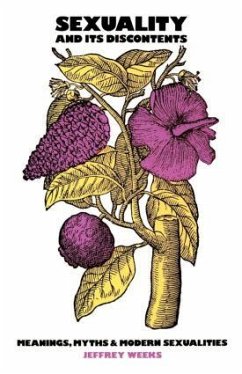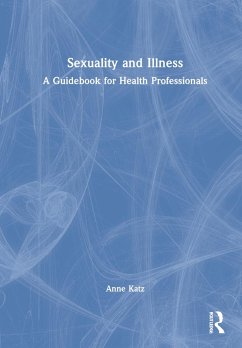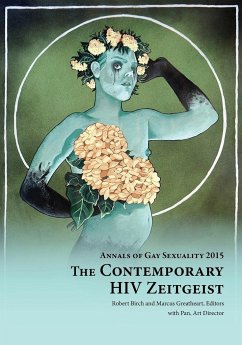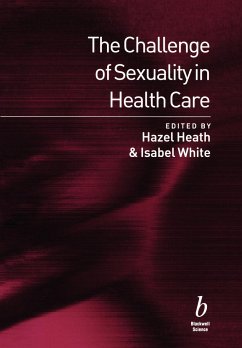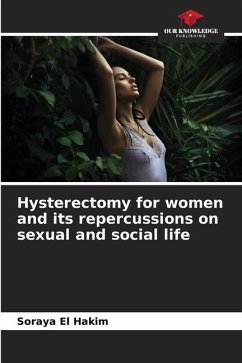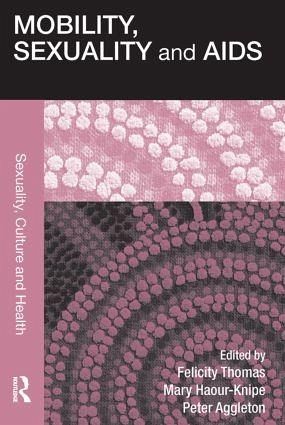
Mobility, Sexuality and AIDS
Versandkostenfrei!
Versandfertig in 1-2 Wochen
44,99 €
inkl. MwSt.
Weitere Ausgaben:

PAYBACK Punkte
22 °P sammeln!
Over the past two decades, population mobility has intensified and become more diverse, raising important questions concerning the health and well-being of people who are mobile as well as communities of origin and destination. Ongoing concerns have been voiced about possible links between mobility and HIV, with calls being made to contain or control migrant populations, and debate linking HIV with issues of global security and surveillance being fuelled. This volume challenges common assumptions about mobility, HIV and AIDS. A series of interlinked chapters prepared by international experts e...
Over the past two decades, population mobility has intensified and become more diverse, raising important questions concerning the health and well-being of people who are mobile as well as communities of origin and destination. Ongoing concerns have been voiced about possible links between mobility and HIV, with calls being made to contain or control migrant populations, and debate linking HIV with issues of global security and surveillance being fuelled. This volume challenges common assumptions about mobility, HIV and AIDS. A series of interlinked chapters prepared by international experts explores the experiences of people who are mobile as they relate to sexuality and to HIV susceptibility and impact. The various chapters discuss the factors that contribute to the vulnerability of different mobile groups but also examine the ways in which agency, resilience and adaptation shape lived experience and help people protect themselves throughout the mobility process. Looking at diverse forms of migration and mobility - covering flight from conflict, poverty and exploitation, through labour migration to 'sex tourism' - the book reports on research findings from around the world, including the USA, the UK, sub-Saharan Africa, Australia, Central America and China. Mobility, Sexuality and AIDS recognises the complex relationships between individual circumstances, population mobility and community and state response. It is invaluable reading for policy makers, students and practitioners working in the fields of migration, development studies, anthropology, sociology, geography and public health.





